Why post-COVID economic recovery efforts should include investments in our public lands, fish and wildlife habitat, and outdoor recreation infrastructure
While the coronavirus pandemic has significantly affected the health of Americans and stressed entire segments of the economy, the efforts of our lawmakers to negotiate and pass multiple emergency supplemental funding bills deserves recognition. These steps have improved COVID-19 response and helped to protect America’s small businesses and workers.
This effort has focused on providing support for those who are struggling—and rightly so. The legislation even incentivizes those with the means to contribute to first-response efforts, care groups, and nonprofits like the TRCP.
But when the time comes to turn our attention to economic recovery and putting Americans back to work, we believe that Congress should make key investments in conservation. Here is what we’d prioritize and why.
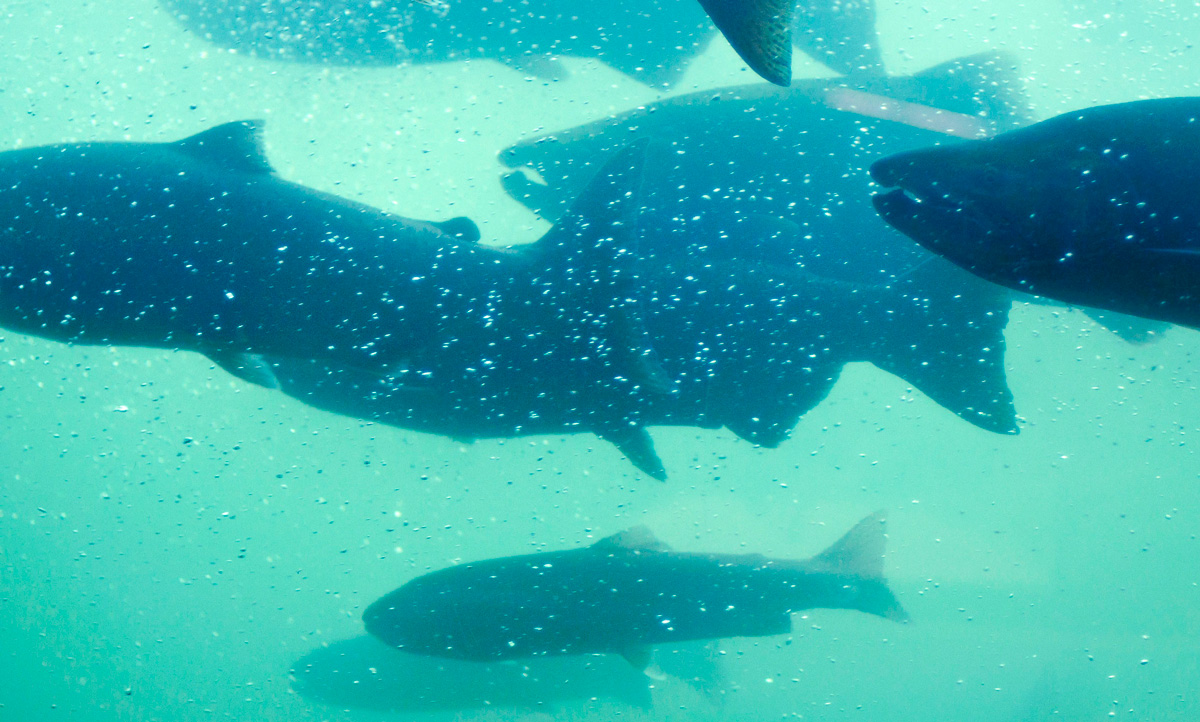
Outdoor Recreation Infrastructure
Think: Improvements to access roads, boat ramps, campgrounds, visitor facilities, and other deferred maintenance projects that have been sorely underfunded on our public lands.
The benefits of investing in this recreation infrastructure are clear and compelling. According to the Bureau of Economic Analysis, outdoor recreation’s annual economic impact is $778 billion each year. While 40 million Americans hunt and fish each year, it is likely that millions more have enjoyed the benefits of the outdoors over the past several weeks and will continue to do so in the months ahead. It has become evident that American wellbeing is inextricably linked to our commitment to conserving and improving our great outdoors. Investing in the restoration of our nation’s natural resources helps get people back to work.
These investments attract new businesses, recruit and retain employees, and improve quality of life by supporting rural economies, connecting urban populations with our natural treasures, and helping people build healthy lives. In the bargain, we get cleaner air and water, improved fish and wildlife habitat, and better experiences afield.
Congressional leaders should keep this in mind.
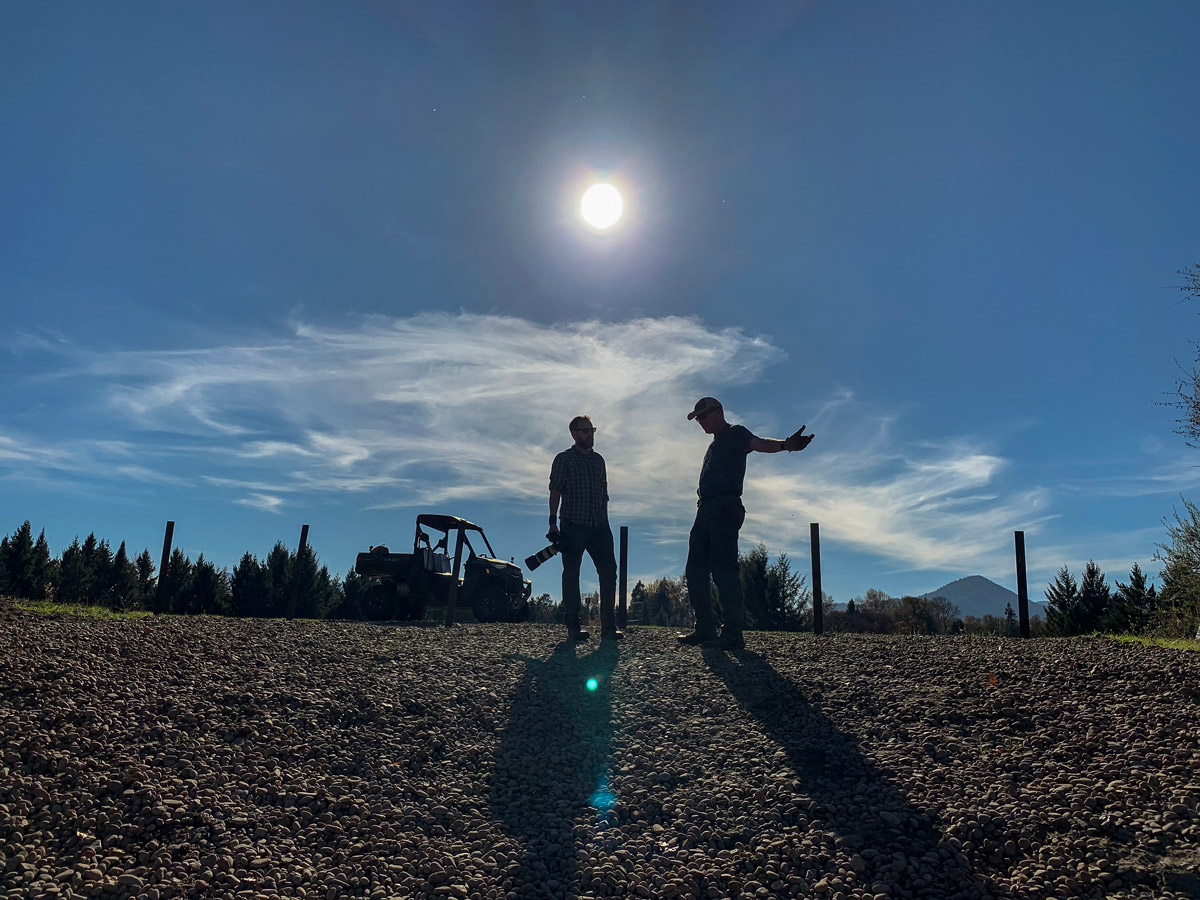
A Five-Year Highway Bill
Given that the current highway bill expires in September 2020, the conservation community sees this as an opportunity to improve federal road systems, greenways, campgrounds, trails, marinas, and bike paths that connect our communities, improve safety, enhance quality of life, and drive forward recreation economies for rural and urban areas alike. The TRCP is especially supportive of language in the existing Senate bill that funds wildlife-friendly highway crossings at $250 million over five years.
Along with this influx of cash, however, it is critical that design and construction of our roads, highways, bridges, ports, and airports is better integrated into our communities and natural systems—beginning from the project inception phase. As the country recovers and gets back to work, we’ll need to look for every opportunity to reduce costs, address costly safety concerns, expedite project timelines, reduce environmental impacts, and respond to societal needs. Congress has a chance to lead on improved implementation of nature-based and natural infrastructure solutions—including fish and wildlife crossings and connectivity, stormwater reduction, and wetlands restoration—that are smart from the start.
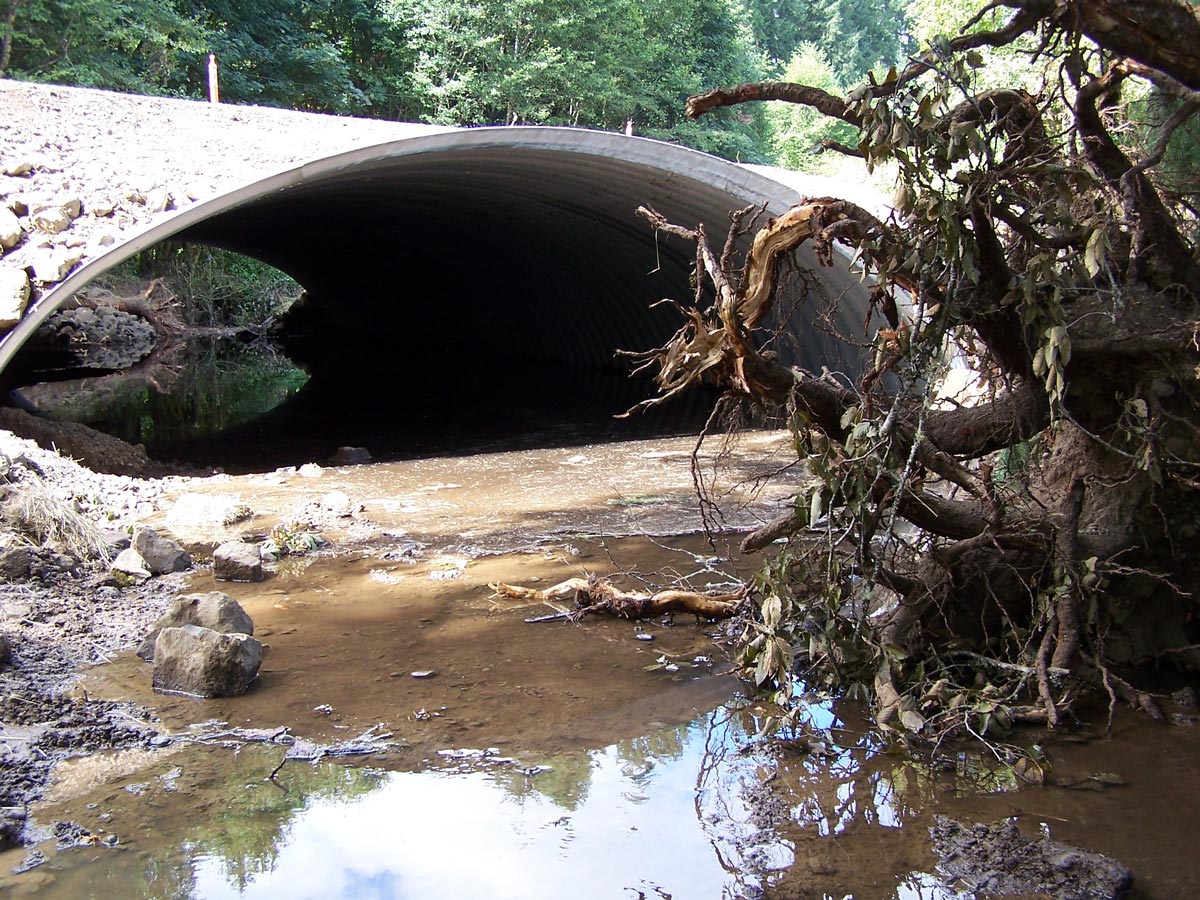
Water Resources
Congress also needs to address the biennial authorization of the Water Resources Development Act, which traditionally garners widespread bipartisan support. Conservationists strongly encourage lawmakers to specifically include robust funding for studies and restoration projects in the Mississippi River watershed and programs that build drought resiliency, increase water efficiency, and infuse critical resources for our nation’s Western water delivery systems and agricultural sector.
Specific Line Items That Advance Conservation on a Landscape Scale
Across the federal government, there are a suite of habitat restoration programs designed to benefit fish and wildlife and enhance the resiliency of our natural systems, including the North American Wetlands Conservation Act, the National Fish Habitat Partnership, and the Forest Service Legacy Roads and Trails Program. These on-the-ground restoration programs infuse important resources into local communities, generate construction jobs, leverage state, local, and private sector resources at ratios of 3:1 or greater, and provide countless environmental benefits for our local communities.
There are also high-priority projects across the country to reverse wildfire damage, remove invasive species, restore habitat and water quality, and empower outdoor recreation users to get involved in conservation and wildlife research.
These efforts could productively and rapidly utilize an influx of funding to achieve meaningful on-the-ground conservation work, and we strongly encourage funding for these programs to be included in the stimulus. But legislative language should ensure that funding for projects should be contingent on the completion of an appropriate level of environmental review, with a strong preference for projects that have already been subject to environmental analysis.
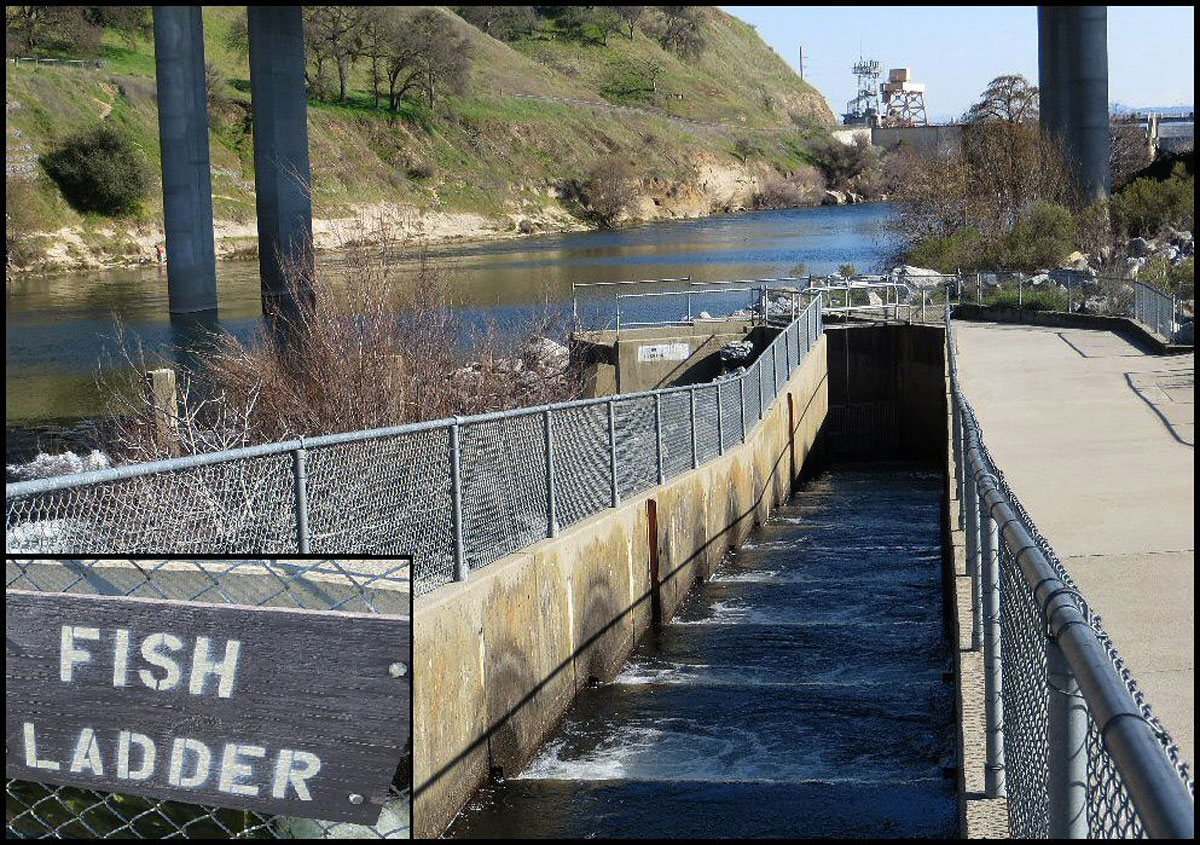
Lessons from the Past
It’s important to note that lawmakers have taken these steps before. In what became a successful effort to get the economy moving again after the financial crisis of 2008, Congress passed the American Recovery and Reinvestment Act. Among a host of other provisions, ARRA wisely included substantial investments in public lands, fish and wildlife habitat restoration, and water quality, sending critical funding to projects that had the dual benefit of getting people back to work and providing a multitude of clear public benefits.
Certainly, COVID-19 is the most serious threat our nation and our world has faced in many years, and Congress must continue to combat the virus and its impact on our healthcare system and vulnerable populations. But in the midst of this crisis, addressing our natural resources and outdoor recreation infrastructure is also of particular relevance, as so many Americans seek renewal and reconnection on public lands and waters. The current economic situation seems well-suited for committing to America’s outdoor resources and the jobs they can create.
Support these priorities by taking action HERE.
This post was updated on July 22, 2020, when the House passed the Great American Outdoors Act, securing a top priority for creating shovel-ready jobs that we listed here previously.
Top photo of a fish-friendly culvert project by Washington State Department of Transportation via flickr.


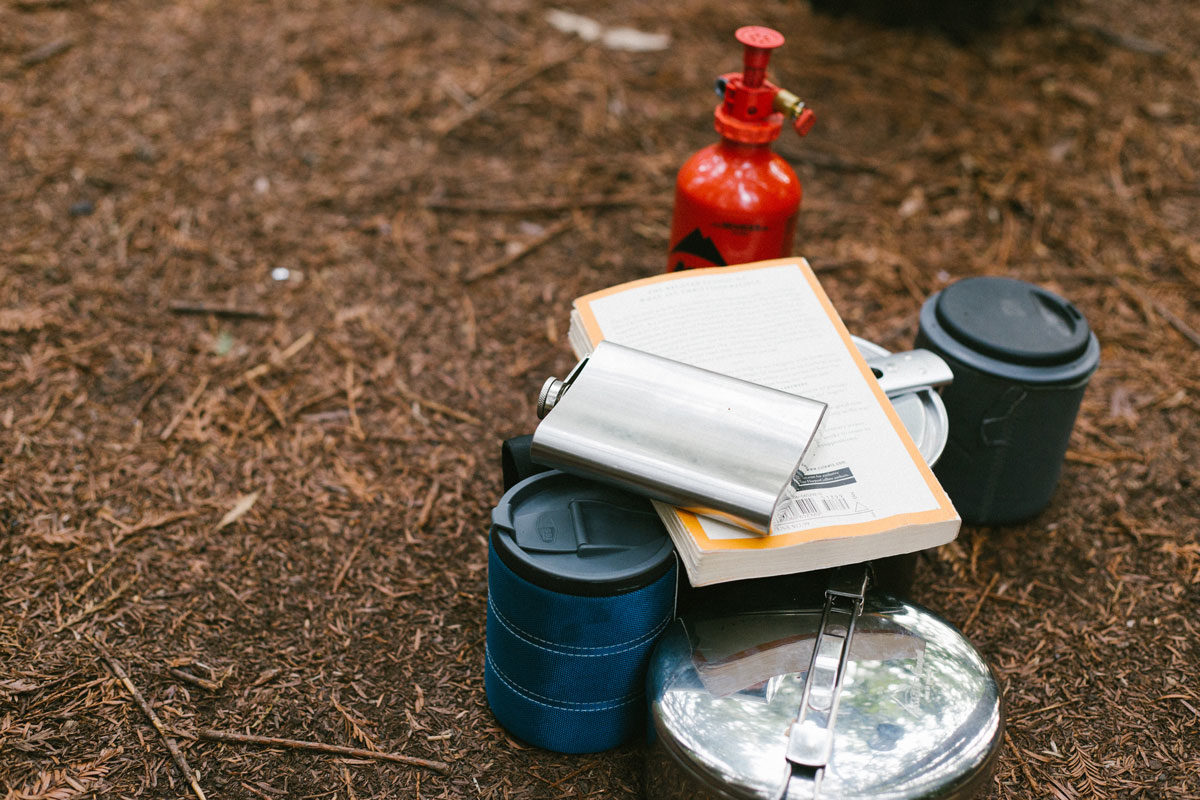







Totally agree with the premise of this article, but not optimistic because conservation and the environment are at the top of the current administrations’s hit list.
Agreed, specially if you have experience, education, has to be compensated.
Let’s pass this bill . What a great contribution and a way to put people back to work outdoors.
How do you figure that Conservation is on the current administration’s “hit list”? It wasn’t long ago that the President signed a bill to plant thousands of trees to replace those places logged out of our forests. Why not find out FACTS before you just spout off?
I believe in investing in conserving our parks and wild places. However, if you believe this is important too, it shouldn’t be all volunteer. Just as teachers and mechanic are paid for taking care so should conservationists be paid fairly for their contribution. I’m here. I’m trained. I’m ready and willing to get to work.
A very good plan to rebuild America & in the spirit of Theodore Roosevelt..
When Theodore & our congressmen accomplished so much for our country.. I’m cautiously optimistic our
Executive branch & Congress may rise to the challenge….
I suggest watching the documentary Damnation and see what our country did to our resources when we created jobs with the environment in mind.
I’m 61 and almost 50 years ago had summer jobs working for the YCC ( Youth Conservation Corp) doing something of the things mentioned here. Sounds like an excellent idea. A win win for people and environment!
I worked NC YCC in the summers of 1974 and 1975! Loved my time at Pilot Mtn! Where were you and when?!
Under the category Specific Line Items That Advance Conservation on a Landscape Scale, I’d add to implement the North American Monarch Recovery Plan. We need to be planting millions of milkweed along with other native nectar plants for pollinators. Let train a bunch of landscapers to transform our road and utility rights-of-way into habitat.
It should be done just as FDR initiated the WPA and the CCC as the oldest examples.
Laudable, but misguided, IMO. Given that we’re in the middle of the sixth great extinction, the opportunity cost of a conservation effort is simply too great. With the entire economy irrevocably reshuffled, why treat the branch when we can address the root cause of species loss? Coronavirus-triggered job loss constitutes a once-in-a-generation opportunity to recast our energy infrastructure–generation, transmission, distribution, *and* storage–as a wind- and solar-based system. A federal REC (Renewable Energy Corps) would do more for conservation–and dozens of other human-made and natural systems on the brink of collapse–than any comparable effort.
Let a thousand flowers bloom. That attitude will spread, and program priorities will get clearer as needs become clearer and more urgent.
I agree with Rick Topper. “…. why treat the branch when we can address the root cause of species loss? Coronavirus-triggered job loss constitutes a once-in-a-generation opportunity to recast our energy infrastructure–generation, transmission, distribution, *and* storage–as a wind- and solar-based system.” The Covid19 mandated shut down of mans activity and effect on the Earth as graphically demonstrated how quickly the Earth can begin to heal without the constant flow of toxins. A federal REC (Renewable Energy Corps) would create green jobs which would address both the ecology/climate change AND the economy.
Wind and solar are not conservation minded adventures for our energy needs. Both require the bull dozing of thousands of acres of habitat to construct. Wind powered generators kills thousands of bird every year with the bulk of those being key raptor species including the endangered variety. With solar be it panels or the mirrors, the habitat is destroyed to build them and they have also killed thousands of bird. Waterfowl have landed at their locations in the desert to only die and birds have been cooked alive in the concentrated light of the mirrors from solar. They are not as environmentally friendly as people claim.
I agree with the push to go to renewable. This is an essential direction, for the environment, for national security, and for the prosperity of future generations.
All new development must be net-zero. This is doable.
The fundamental issue is economic. We live in a petroleum based economy. We do not value ecology.
These changes would represent a tectonic shift from the world we currently live in. There is money for defense, but little for the continued development and expansion of renewable energy.
Energy storage is another area which merit investment, I.e. it is easy to go solar, but hard to get off the grid.
For my part, I will live my life moving in the direction of ecology and renewable.
These are great suggestions for economic stimulus benefitting public recreation and environmental restoration. I point out that NOAA’s Restoration Center is a stalwart in implementing large scale coastal and riverine restoration projects throughout the coastal U.S. including the Great Lakes. We have technical experts throughout our regions participating in strong partnerships with states, municipalities, NGOs and other federal agencies to complete vital restoration and resilience projects. Our successes are many: $176M through ARRA to complete 50 priority projects throughout the Country, and we manage fund awards to partners each year since 1996. We are a key partner to getting work done!
I think this makes sense, but would add infrastructure or support of the?railroad…both passenger and freight since it is cost saving and saved on trucks, cars on road
What about supporting natural/organic food farming??
Would the president’s approval be needed? Hope not.
Regardless of what this administration thinks about environmental issues, this plan need to pass. This is a win win for nature areas, communities and small businesses.
Save our land and water, all of us
Awesome! We need people focused on conservation as never before. Would happily come out of retirerment to help get this effort launched. There are silent, slow biological hazards multipling daily in America. These biohazards loom much larger than COVID. Humans evolved to respond to imediate danger. A pandemic makes us all change quickly. Invasive species goes unoticed and unchecked as profound extiontion and human losses pile up. These plants and animals move slowly enough that we experience them as invisible and unimportant. This perspective needs to radically change now. The change will come through education and active participation in conservation efforts.
Has history forgotten about FDR’s CCC, the Civilian Conservation Corps during the 1930s Depression? It gave the unemployed a chance to work!
I agree with Rick Topper about a Federal Renewable Energy Corps–it could be our age’s WPA. As for the paid conservation efforts, they now would have to benefit the homeless, prisoners, immigrants, aged out foster children, veterans and all needy people because the virus is the enemy which people must unite against for the next several years. Efforts are laudable, especially if the latest and most practical in COVID 19 health testing, remediation & prevention comes to the needy, and if the foreseen effect is something the Sierra Club would have approved in better, pre-Coronavirus times. When a family friend, a fire department retired administrator , decades ago, offered me a (possibly Conservation Corps) job marking prisoner attendance on a forestry worksite, I felt I wasn’t the right candidate to apply for the job. It’s one example, though, of a lot of good programs that existed before. If they were scrapped, they could be restored. If they weren’t scrapped, they could be good objects of relief bills.
I believe the plan is like national rejuvenation. Our human creativity is from natural diversity. Conservation effort will bring deeper understanding of forms and facts of nature conducive to enhancing our creativity.
People are not learning to live with nature, farming, horticulture in general; as well as themselves, and one another. The maker of all has provided us with the miracles of the earth and outdoors. The Appalachian Trail, conceived by obscure Benton McKaye in 1921 is now 100 years old and needs a boost all across America. Many countries in Europe are laced everywhere with beautiful nature trails, why cannot America be? Big cars and trucks with huge engines have separated us from the earth and sky…. and our humanity and each other.
4/29/2020 PUT the homeless to work! pay min. wage they want to do something/learn… CLEAN, FIX our freeways, roads, empty lots, rivers ALL needs CLEANING & FIXING… USE the man power …..
I’ve been telling everyone about this idea and others, like repairing and building the nation’s roads and much needed infrastructure, ever since this pandemic became a reality. Someone in charge in the government with real vision about truly helping our nation recover by giving many people a renewed sense of purpose (as well as a paying job) should mull this idea over seriously!
Very heartening to hear all these wonderful ideas but more importantly the CAN DO SPIRIT epitomized by TR himself. Determining which ideas are the best and feasible, I will leave to others but so good to hear concrete ideas that tie fundamental conservation values that have developed over past 150 years (that are being decimated by this
administration) and a healthy economy for the future. Very encouraging and we will surely need this.
Excellent suggestion!
Without the land on which we live, we are nothing.
The CCC was brilliant and extremely effective for those individuals enrolled, their families and the nation. Unfortunately, the Supreme Court nixed it and it’s hard to believe the current court would allow a similaire program.
One of the best things that ever happened to me was the Young Adults Conservation Corp. is Southeast Alaska. I would much rather see my tax dollars go towards conservation work than for unemployment benefits for people who are stuck at home. Additionally, Restoration and protection of wildlife refuges and other breeding grounds are critical for ensuring that we will have wildlife in the long run.
You mean AmeriCorps?
I agree with Rick Topper, “….why treat the branch when you can address the root cause?…….. Coronavirus-triggered job loss constitutes a once-in-a-generation opportunity to recast our energy infrastructure–generation, transmission, distribution, *and* storage–as a wind- and solar-based system.” This Covid19 mandated halt to man’s activity and impact on the Earth had graphically demonstrated how quickly the Earth can begin healing when the constant flow of toxins is shut off. This is the perfect time to build on this progress towards “saving the Earth”, (even if it has been involuntary). Any recovery for the economy should capitalize on this message from Nature that “it is obviously possible to make a difference against climate change.” Creating green jobs would address the environment and the economy at the same time.
Great idea to pay people for work instead of paying them to do nothing.
Of course this is a good plan. Many millions over the generations have relied on “home” projects to earn a salary for restoring, repairing and building our country’s physical existence. Think the interstate, the railroads, Red Rocks, the Grand Canyon and the national parks and on and on. All the work of Americans working for decent income and benefits to take good care of their own and their home.
Let us do it NOW. We don’t need meetings and debates…just a clear look at history and determination.
I’m ready to get to work helping our environment – Reno/Tahoe CA/NV.
PLANT TREES, STOP USING PLASTIC, but the sad truth Is greed runs the world until we kill earth.
In 1933 my dad worked for the Civilian Conservation Corps in Michigan reforesting the lands that had been harvested by the timber industry. He said that he was paid a dollar a day. He kept $5 to buy stationery, stamps and shaving gear. The rest he sent home every month to help his family. I think the people were volunteers but they were paid.
In America, there are a lot of projects that the Federal Government could finance and put unemployed people back to work right away. Our infrastructure-road, highways, bridges, dams, rivers, lakes, sea ports, electrical grid, schools, hospitals, etc. We have Americans that have no access to water or electricity or WiFi (Native Americans, Poor Neighborhoods, etc.) But, will this President want to improve the lives of poor people, Native Americans, etc.? Maybe, if the contracts for these many projects are awarded to the President’s Family, Friends, Campaign Donors, the President may consider approving these Federal Projects that would improve our environment, people’s day to day lives, etc.
The language of this article seems bizarrely abstruse. Perhaps I’m reading this wrong, but whatever “conservation” value and job generation seems to be submerged in language emphasizing road building (which other than rural road maintenance we don’t necessarily need more of) an in “recreation”, rather than the preservation of natural capital for its own sake and for the benefit to the biosphere, of which humans are a part. We also need direct job creation, not more money thrown at businesses, contractors, etc., much of which is mired in political connections and nepotism, at least here in New Mexico.
I HAD TWO GREAT UNCLES THAT WORKRD ON THE CCC DURING THE DEPRESSION; THEY WOULD PROUD OF THE WORK THAT ACCOMPLISHED & AND THANKFUL TO HAVE IT.!!!
Of course this is what we should do for people who have lost their jobs. We should have done this 2 months ago. We would help out country, help mitigate the climate crisis, and provide meaningful and dignified work to those in need.Of course this administration can’t think past blame and hatred to actually help America. What a waste! Look to what has been done in the past and learn something!
This proposal is the best argument I have seen for voting Democrat in the November election. The current president wouldn’t dream of putting his $$$ at risk by undercutting all his good buddies in coal, oil, etc. and has already opened national monuments to drilling, frakking, etc. Vote for a president who has a TEAM, who will take all of the damage into account and find the right people to get this done.
I also think individual incentives could be offered on bigger than a city-wide scale for people who are willing to remake their yards to serve pollinators instead of lawn mowers and leaf blowers, and that we should look at all of our rights of way as habitat, as another person suggested above, and transform them.
There are many infrastructure projects, community work, and beautification projects that could be investments in people to stimulate the larger economy as long as these jobs are a working part of the economy and not so low of a wage that one is simply able to pay basic rent and eat cheap food.
My father-in-law was in the Civilian Conservstion Corps during the depression working in lumber/reforestation in Wisconsin. He later joined the US Army, served during 3 wars, and retired as a Lt. Colonel. In addition to contributing to our country in the CCC’s, he learned lifelong values that served him well. I think a similar program could be beneficial now.